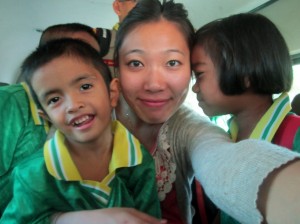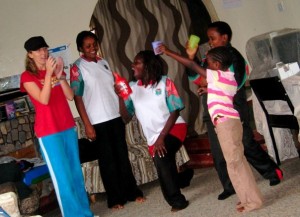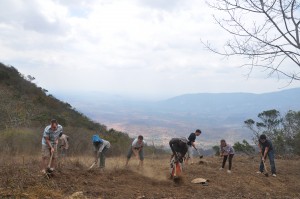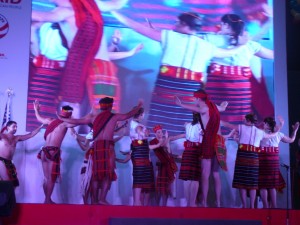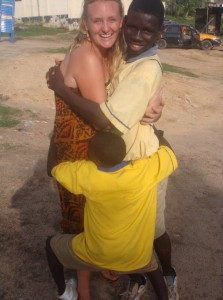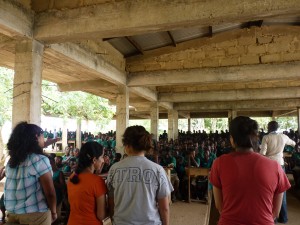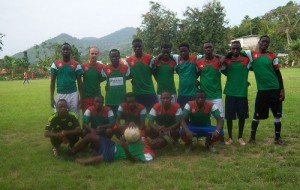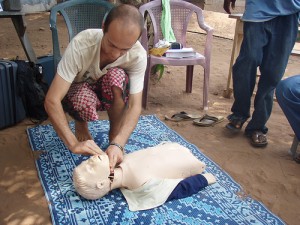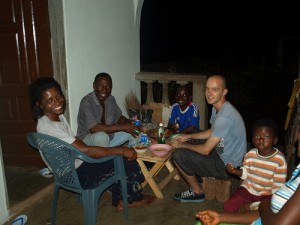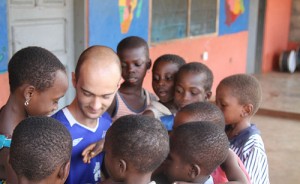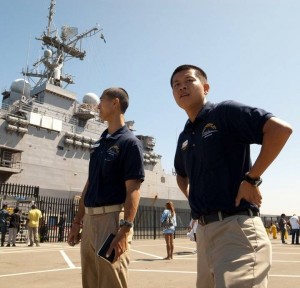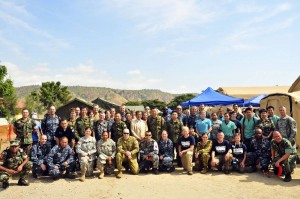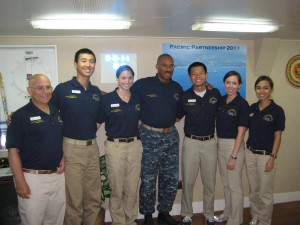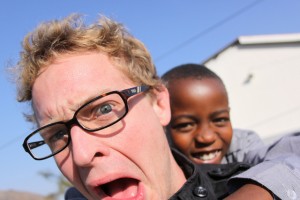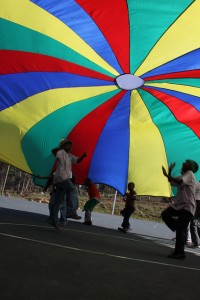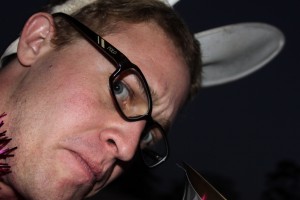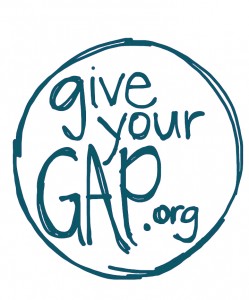 Name: Tiffany Prachachalerm
Name: Tiffany Prachachalerm
School: University of California-San Diego
Type of Work: Medical/Public Health, HIV/AIDS awareness
Region: Asia
Length of stay: 1 Year+
Contact email: bridgeofhopethailand@gmail.
Tell us about the organization you work for and what you do for them.
I started the foundation with a friend and thought of it after I returned from my volunteer experience at the center. I had found the center online and decided to go there during the summer to volunteer. At the time, I did not know that I would eventually form a non-profit organization, but I knew I wanted to bring more UCSD students back to the center and find ways to fundraise for them. They had become like family to me. Ideas kept rolling and eventually we decided to turn it into a non-profit organization so we can also get help from companies who would be willing to donate!
Share a favorite memory.
I have quite a few stories while with the orphans at the center and while interviewing the patients about their life stories. However, the one that sticks out in my mind is the site of the three youngest kids at the center who’d run around all day, playing so happily. Their parents are currently living with HIV, and I knew their life stories. There were three kids who were not HIV positive because their parents had taken anti-retroviral medicine when they were pregnant. It’s just overwhelming to know how much their parents had to go through in their lifetime to get to this point, and gratifying to know that the kids are happy, healthy, and have a chance to live a life very different from the rough lives of their parents. One of the girls there is a bit chubby and likes to run around eating crepes her mom makes. We bought crepes to pass out to all the kids at the center. She wanted one just because everyone else had one in their hands, but the minute she took a bite, she was sick of it because she had eaten it for the past two weeks, so she gave it to someone else. She was only 3 years old, but I found that act to be adorable. There were countless stories with the kids, but that’s just one that was on the top of my head.
What have you learned from your experience? How has it affected your long-term goals?
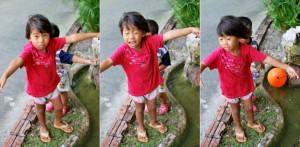
Jenny is a 4-year old orphan living at the center. These are her different expressions as she’s feeling the wind pass by.
I learned that you have to do your research before you donate to any nonprofit organization. Some organizations do not donate 90%, or even 30% of the donations. There are even some that donate only 5% of the donations for the cause they are claiming to donate to! There are so many loopholes. The important thing is to do your research before you get involved. Another important thing is to show your commitment once you have decided that you want to be a part of the team. Accountability, responsibility, and most words ending in -bility means your ability to uphold those different values. If you really want to help, then do it, but don’t ever half-a** your way through. That is just my opinion.
This experience is teaching me a lot of things about life, which is important for a doctor. Although you can never truly understand everything and life’s philosophies, volunteering is a start. It’s teaching me so much about how people interact and how sickness and death can affect people. You don’t start living until you’re close to death. I definitely learned that as I watched the orphans and patients taking their medication twice a day the same time everyday. That’s what they worry about. They think about, “”Will I survive today?”” while we are here thinking, “”What should I eat for lunch? Too many choices!”” It definitely puts into perspective what is important and what really matters in life. Volunteering allows you to give back to society. It allows you to be generous and hope that everyone will give so that we can continue to live together and prosper. Really, it’s a survival mechanism and if we don’t help each other, how would we survive?
No, my goals have not changed. Volunteering definitely advanced my plans and hopefully will prepare me to be the best doctor I can be!
Do you feel like you are making a positive, critical impact on the global community?
I definitely think I am doing what I can. I have a vision about how I want this all to pan out, and if it becomes something greater, then great! If I overestimated and it doesn’t get as big as I imagined, then I’ll be fine as well because I’ve learned to manage my expectations. I really do hope that I am making a positive, critical impact on the global community. I know I am spreading awareness and providing opportunities for students who want to be active and do these sorts of things but don’t know how or don’t have the means to. Sometimes it’s just a matter of your ambitions and if you think it’s possible. One of the things I believe is that if you want it bad enough and you work hard enough at it, then anything’s possible (as long as it’s not defying gravity or physics). Like in the Wicked play, “Nothing will bring us down!” It’s important to have spirit and not think that whatever your plans or goals are will become a failure. If you believe that it will become a success, then you can provide that inspiration to others and sooner than later, they too will believe that it is a success. I hope that I’m making an impact when I make someone aware about these social issues. They may not have to donate, but the fact that they are more aware that these problems in society exist, they are being more open and more willing to contribute to society in the future. As for the orphans in Thailand, I know that they would really appreciate all that we’re trying to do here, halfway across the world. Everyone, excluding me, would be complete strangers to them. If they knew that strangers were helping them out, then they wouldn’t feel like this world is such a bad place when it’s filled with caring people. If there aren’t people who show that they care, the kids might think that they are being punished by being born HIV positive, without a choice. So I hope that I am making a critical impact. It’s worth it, even if will only make an impact on one person.
Do you have any advice for prospective gappers?
My advice is to get out there. Do whatever you wanted to do because you know once you apply for graduate school or get a job, you won’t have the time to explore the world. If you want to teach English in another country, volunteer, explore other career options, now is the time to do it! You just graduated and worked hard during your undergraduate years and you deserve a break. Traveling, joining an organization, and staying active is a great way to open a new perspective and you’ll grow as an individual during the process! You’ll learn more than what you expect to and you’ll remember it for the rest of your life. Why not? You have the rest of your life to go for your career. After taking a gap year, you may have a more focused, clear mind to accomplish your career goals in an efficient manner. Just make sure to blog everything so you can look back on it. I’m sure whatever you decide to do, as long as it’s productive, would be something memorable. Literally soak up every opportunity because it won’t come by as often as we get older.

